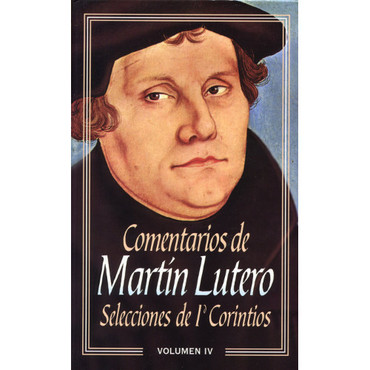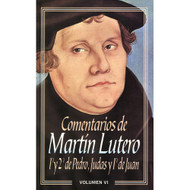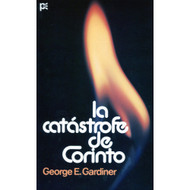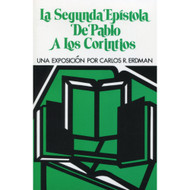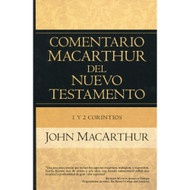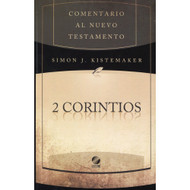Categories
Categories
- Home
- Libros | Todos
- Selecciones de 1 Corintios | Selections from 1 Corinthians
Selecciones de 1 Corintios | Selections from 1 Corinthians
Product Description
Comentarios de Martín Lutero | Commentaries of Martin Luther
Lutero centra su comentario en lo que podríamos denominar como dos grandes bloques temáticos: EL HOGAR CRISTIANO y LA RESURRECCIÓN.
El Reformador alemán no tan sólo sostiene que el matrimonio cristiano es una vocación religiosa superior a la del celibato y a la vida conventual, sino que se opone también a la opinión generalizada en su época que menospreciaba el matrimonio como una “atadura” tendente a degradar el papel de la mujer en la sociedad.
Si se toma en cuenta que Lutero escribió este comentario siendo todavía célibe (1523), sus palabras adquieren una relevancia extraordinaria.
El segundo bloque de comentarios lo centra en lo que define como el punto esencial de la fe cristiana: la resurrección de Cristo y la resurrección de la carne. La teología escolástica, influenciada por el pensamiento platónico, había dado tanta importancia a la inmortalidad del alma que había olvidado casi la resurrección del cuerpo. Lutero se levanta como un defensor sin compromiso de la resurrección de la carne, según las Escrituras, y escribe la vida futura en términos tan universales y modernos, que en el día de hoy no han perdido nada de interés.
Luther focuses on what could be called two great themes: The Christian Home and the Resurrection. The German Reformer upholds the value and worth of Christian marriage. In expounding the second theme, he talks about the resurrection of Christ and the resurrection of the flesh. Luther's commentaries are a valuable resource for the serious student. These commentaries help the reader understand not only Luther's Reformation activities, but the change that the Reformation brought to biblical exposition and exegesis. Instead of interpreting the text in order to support church practice and tradition, Luther inverts this equation and shows that God reveals himself in Scripture and not in the church structure, so recognizing the undeniable authority of Scripture.
 Loading... Please wait...
Loading... Please wait... 
